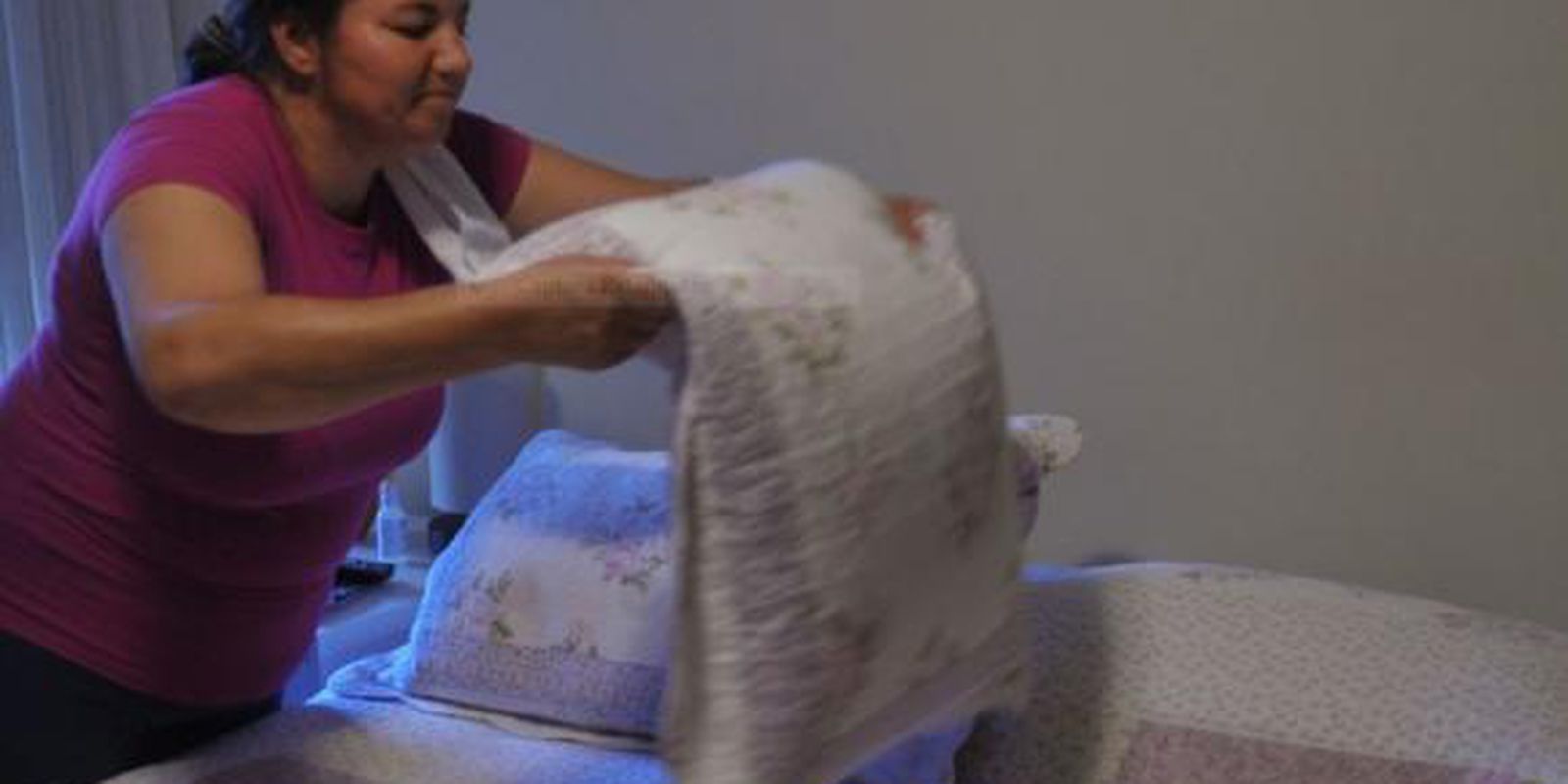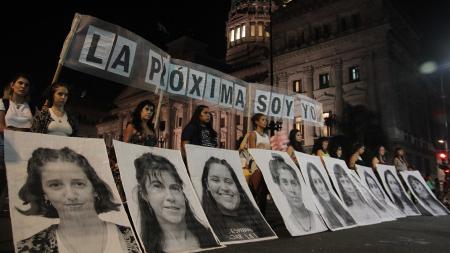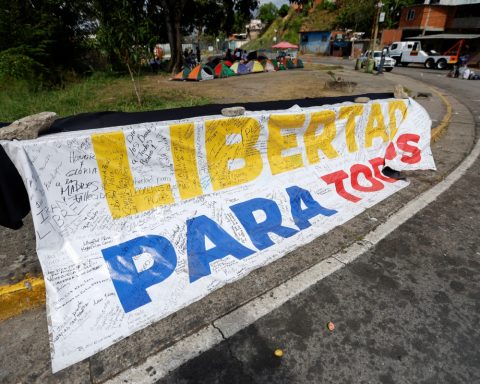

One of the first Covid-19 deaths in Brazil was confirmed by the Rio de Janeiro Health Secretariat on March 12, 2020. The victim, a 63-year-old woman, worked as a maid and caught the virus after her employer returned from a trip to Europe and tested positive for the disease.
On the same day, the São Paulo Health Department also confirmed one death from the disease. The victim, another woman, aged 57, who worked as a day laborer and left a disabled child. The first deaths caused by the virus in the country are emblematic and reflect the vulnerability of women to the disease – especially the poorest and black ones.
Research by the Semperviva Feminist Organization, carried out in the first months of the pandemic, shows how the health crisis and social isolation accentuated inequalities in household chores. According to the entity, the overload of work and care were issues that women felt as soon as the social isolation measures began.
Three out of four women interviewed in the survey and responsible for the care of children, elderly or people with disabilities, stated that the need to monitor and keep company increased. For the organization, this is a dimension of care that is often made invisible. “At home, the times of care and paid work overlap in women’s daily lives: even while carrying out other daily activities, they remain attentive”, indicates the Alwaysviva report.
“The dynamics of women’s lives and work are opposed to the discourse that the economy cannot stop, mobilized to oppose the recommendations of social isolation. The work necessary for the sustainability of life has not stopped – it cannot stop. On the contrary, they were intensified in the pandemic ”, highlighted the entity. The numbers show that half of Brazilian women took care of someone during the pandemic.
Still according to the survey, 40% of the women heard said that the pandemic and the situation of social isolation put the livelihood of the house at risk. Most of those who have this perception are black women (55%) who, at the time they answered the survey, had as their main difficulties paying basic bills or rent. Access to food was also a concern.
>>> Click here and check out all the news from Agência Brasil about the three years of the covid-19 pandemic
Violence
Regarding the perception of violence, 91% of women believe that domestic violence has increased amid social isolation. When asked about personal experiences, however, less than 10% said they had suffered some form of violence during this period.
The percentage increases among women in the lowest income brackets. Among women with a family income of up to one minimum wage, 12% claim to have suffered violence; and among women living in rural areas and in the same income range, 11.7% reported violence.
“Care is at the heart of sustaining life. There is no possibility of discussing the post-pandemic world without taking into account how much this has become evident in this moment of global crisis, which tells us about a ‘crisis of care’. It is not a problem to be solved, nor a demand to be absorbed by the market. It is a dimension of life that cannot be governed by social dynamics based on the accumulation of income and privileges.”
Homage
On social networks, the daughter of the day laborer who died from covid-19 three years ago says that she started to take care of her disabled brother, in addition to three children who were already under her responsibility. In honor of her mother, she posted:
“Oh, if I had known it was the last time I would see you. Ah, if only I had known that that ‘see you later’ wasn’t going to happen. I had hugged you so tight. I wouldn’t let you go. I would stay by my side. I would stay here. Oh if I could wake up today and it was just a nightmare. Ah, if only I could change fate. I would make an appeal: for God not to let you go”.

















